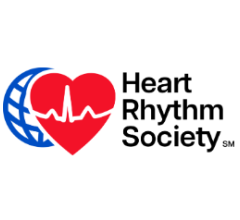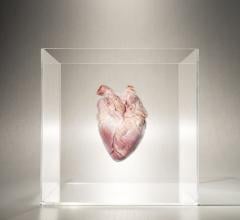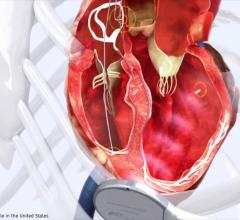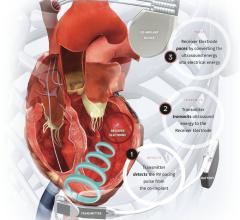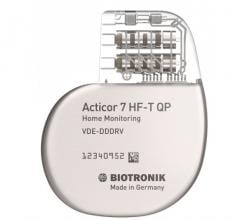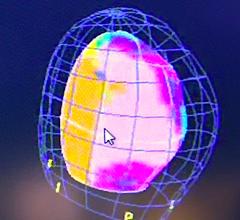
The new ACC Electrophysiology (EP) Device Implant Registry, part of the National Cardiovascular Data Registry (NCDR) will include data on implantable cardioverter defibrillator (ICD) and cardiac resynchronization therapy defibrillator (CRT-D) procedures previously captured in the NCDR ICD Registry, as well as provide the flexibility to capture novel pacemaker procedures. The registry is aligned with the ACC’s Electrophysiology Accreditation program, fully supporting the program’s data requirements.
April 2, 2021 — Today, the American College of Cardiology (ACC) launched the Electrophysiology (EP) Device Implant Registry as part of its National Cardiovascular Data Registry (NCDR). The NCDR is the ACC’s suite of cardiovascular data registries helping hospitals and private practices measure and improve the quality of care they provide based on data comparisons.
This new registry will include data on implantable cardioverter defibrillator (ICD) and cardiac resynchronization therapy defibrillator (CRT-D) procedures previously captured in the NCDR ICD Registry, as well as provide the flexibility to capture novel pacemaker procedures. The registry is aligned with the ACC’s Electrophysiology Accreditation program, fully supporting the program’s data requirements.
“The expanded scope of the EP Device Implant Registry will allow hospitals to track new and existing procedures, giving them the ability to optimize patient care and outcomes,” said NCDR Management Board Chair Frederick A. Masoudi, M.D., MSPH, FACC. “The registry is well-positioned to support continuous quality assessment and improvement in the growing EP procedure service line.”
On April 1, 2021, the ICD Registry name changed to reflect a minor update to Version 2.3 that now offers the opportunity to include select novel pacemaker procedures in addition to the current procedure types. Participants can submit data for select novel pacemaker procedures or submit data for ICD/CRT-D procedures or submit data for both. The registry captures data on shared decision-making, a requirement for the CMS National Coverage Determination for ICD/CRT-D primary prevention device implants, ACC said.
In addition, the EP Device Implant Registry now allows participants to capture data on shared decision-making, a compliance requirement for the CMS National Coverage Determination for ICD/CRT-D primary prevention device implants.
Since its inception in 2005, the ICD Registry has been the national standard for understanding patient selection, care and outcomes in patients receiving ICD therapy. The new EP Device Implant Registry will continue to empower the patient care team in their decision making by providing nationally benchmarked data on patient care and outcomes for broader range of devices. Over 800 U.S. based hospitals currently participate in the EP Device Implant Registry.
For a complete list of participating facilities, visit Find Your Heart a Home.
NCDR is the ACC’s suite of cardiovascular data registries helping hospitals and private practices measure and improve the quality of the care they provide. The EP Device Implant Registry is one of 10 NCDR hospital and outpatient registries.
For more information about the EP Device Implant Registry, visit ACC.org/EPDeviceRegistry.
Related ACC NCDR Content:
VIDEO: The Role of the NCDR in Boosting Cardiology Quality Improvement — Interview with Fred Masoudi, M.D.
American College of Cardiology Registries Collect COVID-19 Data
New Report Highlights National Trends in Heart Disease Treatments
Study Finds High Survival Rate for Elderly Patients with Implantable Defibrillator


 July 21, 2025
July 21, 2025 
